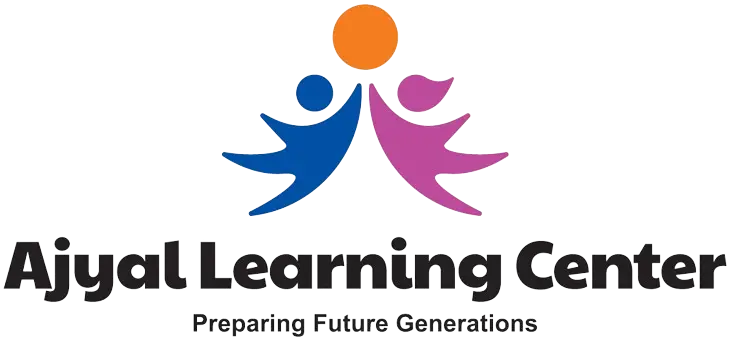The IGCSE Physics Course (Cambridge) is a comprehensive program designed to develop students’ understanding of the fundamental principles of physics and how they apply to real-world situations. Covering eight key units, this course prepares learners for the Cambridge IGCSE examination, building both theoretical knowledge and practical skills essential for success in science-related fields.
The course emphasizes scientific inquiry, experimentation, and the application of physics in everyday life, while also strengthening problem-solving and analytical thinking.
📘 Course Content Overview
Unit 1: Forces and Motion
-
Making measurements
-
Describing motion (including motion graphs)
-
Momentum
-
Newton’s Laws of Motion
-
Hooke’s Law
-
Pressure in solids and fluids
-
Turning effects
-
Forces and matter
Unit 2: Electricity
-
Static electricity
-
Electrical quantities
-
Electric circuits
Unit 3: Waves
-
Properties of waves
-
Electromagnetic spectrum
-
Light waves
-
Sound
Unit 4: Energy Resources and Energy Transfers
-
Energy transfers
-
Thermal energy
-
Work and power
-
Energy resources and electricity generation
Unit 5: Thermodynamics
-
Density and pressure
-
States of matter: solids, liquids, and gases
-
Kinetic particle model
-
Thermal properties of matter
-
Heat transfer: conduction, convection, and radiation
Unit 6: Magnetism and Electromagnetism
-
Magnetism
-
Electromagnetic forces
-
Electromagnetic induction
Unit 7: Radioactivity and Particles
-
Structure of the atom and radioactivity
-
Types of radiation and half-life
-
Applications of radioactivity
-
Nuclear fission and fusion
Unit 8: Astrophysics
-
Earth and the solar system
-
Stars and the universe
🎯 What Students Will Gain
-
A solid grasp of key physics concepts and laws
-
Skills in conducting experiments and interpreting results
-
Preparation for IGCSE exam success with a strong academic foundation
-
Real-world understanding of physics applications in technology, energy, and space
- Physics lab experiments
- Graph analysis
- Conceptual discussions
- Past paper practice
- Problem-solving tasks
- Circuit building simulations
- Wave and sound demonstrations
- Thermodynamics investigations
- Nuclear physics models
- Astronomy projects
- Data interpretation and evaluation exercises

